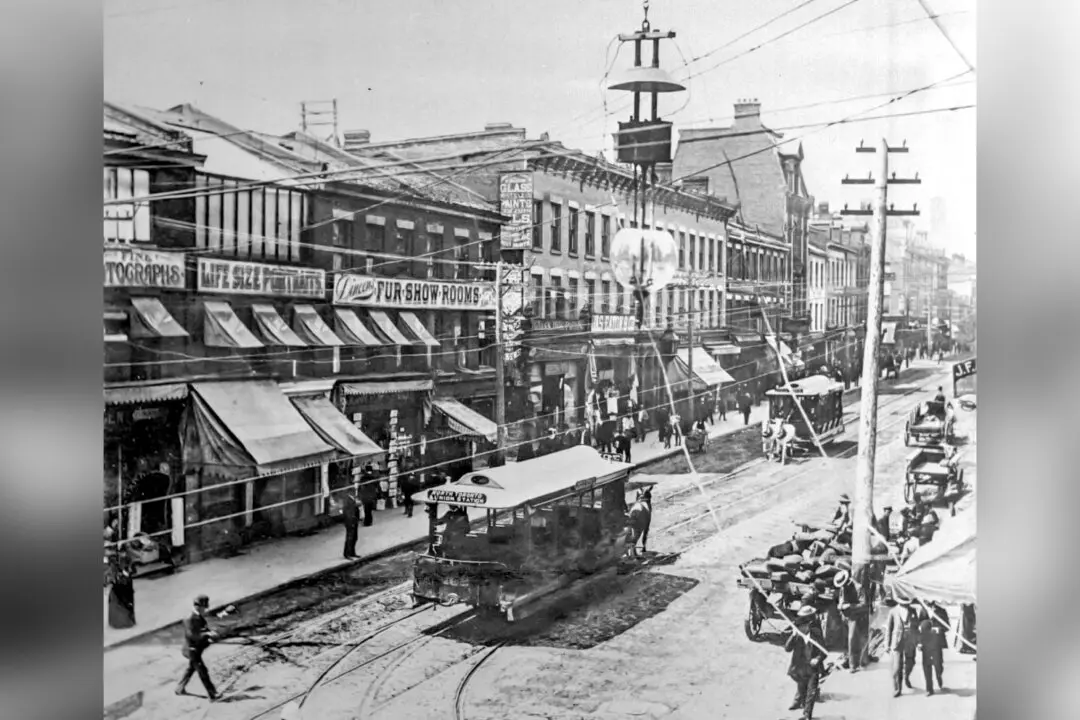Commentary
In July 1876, Sandford Fleming, a Scottish Canadian engineer, was standing on an Irish railway platform fuming—he had misread his timetable, confusing a.m. and p.m., and as a result had missed his train. Spurred by this inconvenience, Fleming began thinking about how a 24-hour clock would have made this sort of mistake impossible. But his highly inventive mind did not stop there: he had visions of worldwide time zones, 24 of them around the globe, each comprising 15 degrees of longitude and each an hour different.





